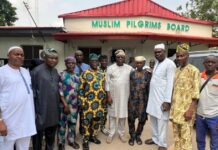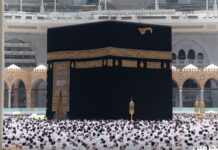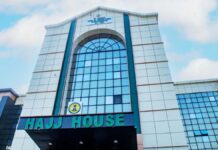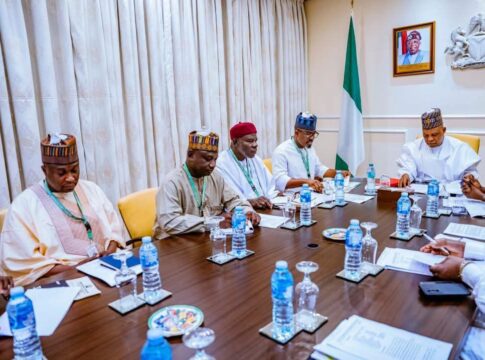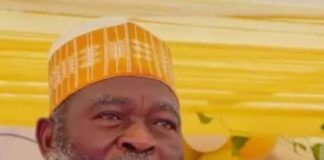In a decisive move that resonates with empathy and economic prudence, President Bola Tinubu has directed the National Hajj Commission of Nigeria (NAHCON) to immediately revise the 2026 Hajj fares downward. This intervention is not merely administrative—it is a moral imperative that reaffirms the government’s commitment to making religious obligations accessible to all Muslims, regardless of socioeconomic status.
The Spiritual and Socioeconomic Weight of Hajj
Hajj is not a luxury; it is a sacred pillar of Islam, a once-in-a-lifetime obligation for those who can afford it. Yet, with fares ranging from ₦8.2 million to ₦8.6 million, affordability has become a distant dream for many Nigerian Muslims. The President’s directive is a timely reminder that spiritual access should not be gated by economic disparity.
The Vice President’s observation that 95–96% of the fare is foreign exchange-based underscores the vulnerability of Hajj pricing to currency fluctuations. With the naira appreciating due to ongoing economic reforms, it is only just that pilgrims benefit from the improved exchange rate. A revised fare of ₦7.6 million to ₦7.7 million is not only feasible—it is fair.
Pathways to Fare Reduction: Practical and Transparent
The roadmap to a more affordable Hajj is clear and actionable. Experts and stakeholders have identified several cost-saving measures that could slash the fare by over ₦1.3 million:
| Cost Component | Potential Savings (₦) |
|---|---|
| Makkah Housing Discounted | 298,400 |
| Service Charge Reversal | 161,505 |
| Air Ticket Reduction | 373,000 |
| Exchange Rate Differential | 552,827 |
| Total Potential Reduction | 1,384,732 |
- These figures are not speculative—they are grounded in historical benchmarks and current market realities. NAHCON must act swiftly to implement these adjustments, ensuring transparency and accountability in every step.
Accountability and Oversight: A Call to EFCC
Beyond fare recalibration, stakeholders have raised serious concerns about financial mismanagement. The call for the Economic and Financial Crimes Commission (EFCC) to recover ₦6.4 billion in refunds from the 2025 Hajj and investigate alleged budget padding and unauthorized deductions is not just about justice—it’s about restoring public trust.
A Collective Responsibility
The success of this reform hinges on collaboration. State Muslim Pilgrims Welfare Boards must expedite remittance processes to enable timely dollar purchases at favorable rates. NAHCON must embrace a culture of transparency, and the EFCC must act decisively to root out corruption.
President Tinubu’s directive is a clarion call to prioritize equity, integrity, and compassion in public service. If executed with diligence, it could mark a turning point in Nigeria’s pilgrimage administration—one where faith and fairness walk hand in hand.

